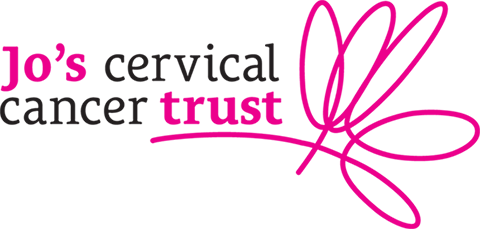After a trachelectomy, your healthcare team will ask you to come back to the hospital for regular check-ups. This is so you continue to get proper care and support.
We know that waiting for follow-up appointments can be difficult, which is why we are here to support you. You may find it helpful to give us a call on 0808 802 8000 before or after treatment, or speak with our 1:1 service.
On this page:
- Checking the surgery was successful >
- Treatment summary >
- Check-up appointments >
- Treatment after surgery >
- More information and support >
In this section:
Checking the surgery was successful
The tissue that was removed during your trachelectomy will be looked at in detail to find out:
- if all the cancer was removed
- if you need any more tests or treatment.
We know that waiting for these results can be difficult, especially when you are also trying to recover from surgery. Remember that your healthcare team, and we, are here to support you.
Treatment summary
Once all your trachelectomy is done, you should be given a treatment summary. This is a document by your healthcare team that explains:
- what treatments you have had
- any side effects you might have
- signs and symptoms to look out for
- a plan that has been made for your long-term care and support.
This treatment summary should also be sent to your GP surgery, so they know how to support you too. You might want to check that the hospital have sent it to them.
Check-up appointments
If all the cancer has been removed, you will have regular check-ups to check that there is no sign of the cancer coming back. There is no standard follow-up for trachelectomy, so ask your healthcare team:
- how often you might have these appointments
- how long you will have these appointments for.
At these appointments, you might see or speak to your consultant oncologist or clinical nurse specialist (CNS). These check-ups will:
- check how well treatment has worked
- monitor any side effects
- provide you with support.
These check-ups may be at the hospital, or by phone or video call. The COVID-19 pandemic means it is more likely you will be offered a phone or video call check-up, as your healthcare team will be following safety rules put in place by the hospital. However, if you or your healthcare team would prefer that you go into the hospital, they will arrange this for you.
You might have physical examinations during your check-ups. These may include:
- a pelvic examination – where your healthcare professional feels your stomach and may put gloved fingers inside your vagina
- a speculum or visual examination – where your healthcare professional uses a speculum (plastic tube) to gently open your vagina and look at your vagina or cervix, if you still have one
- a vaginal vault test (vault smear) – a sample of cells is taken from the top of your vagina and checked for any changes, a bit like cervical screening (a smear test).
You won’t usually have scans unless your healthcare team think you should have it. They might suggest it if you are having new symptoms. If you would feel more comfortable having a scan, it is important to ask for one.
If you are worried about anything or would like advice, you should be able to get in touch with your CNS or another member of your healthcare team.
Read our blog about vaginal vault tests >
Treatment after surgery
You may need further treatment after surgery:
- if the cancer has spread
- to reduce the risk of the cervical cancer coming back.
You may be offered more surgery to remove your womb (hysterectomy), or chemotherapy given with radiotherapy (chemoradiation).
It is important to discuss the risks and benefit of any treatments with your healthcare team.

